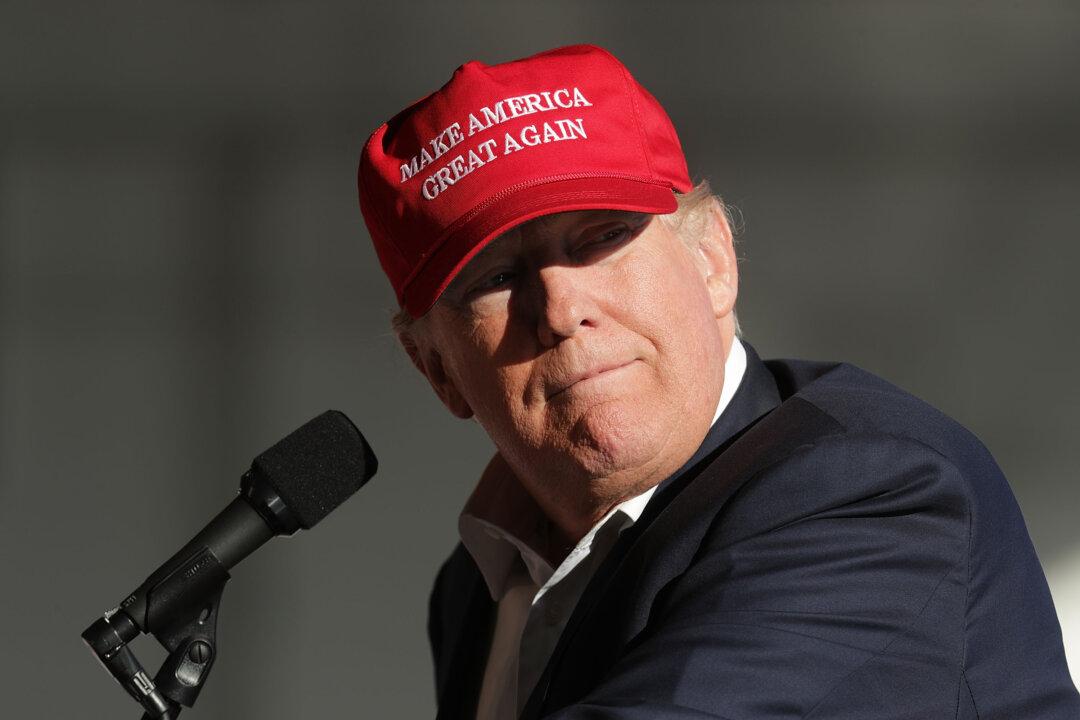President Donald Trump said on March 11 that he is in favor of making daylight saving time permanent.
“Making Daylight Saving Time permanent is O.K. with me!” the president wrote on Twitter.

President Donald Trump said on March 11 that he is in favor of making daylight saving time permanent.
“Making Daylight Saving Time permanent is O.K. with me!” the president wrote on Twitter.